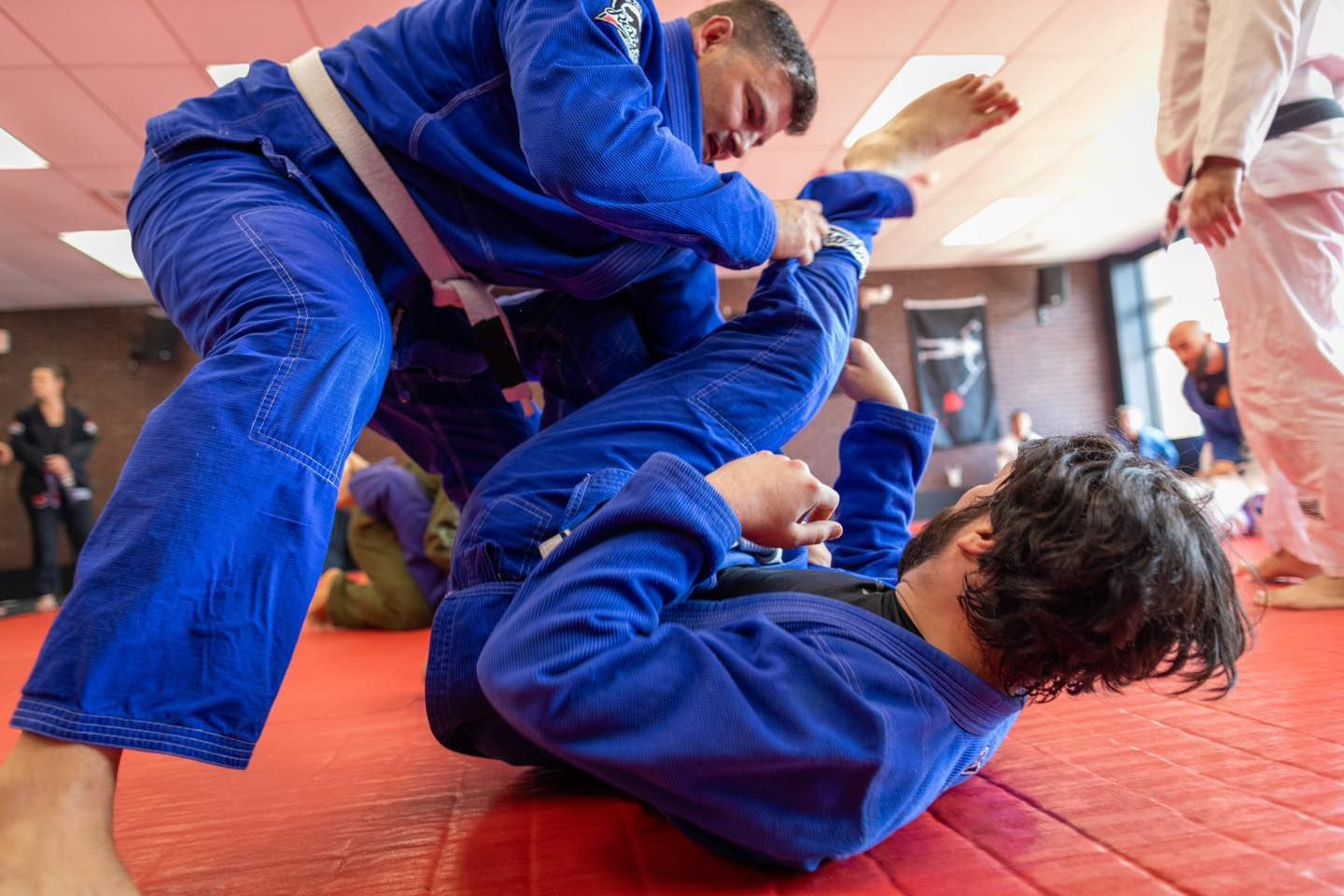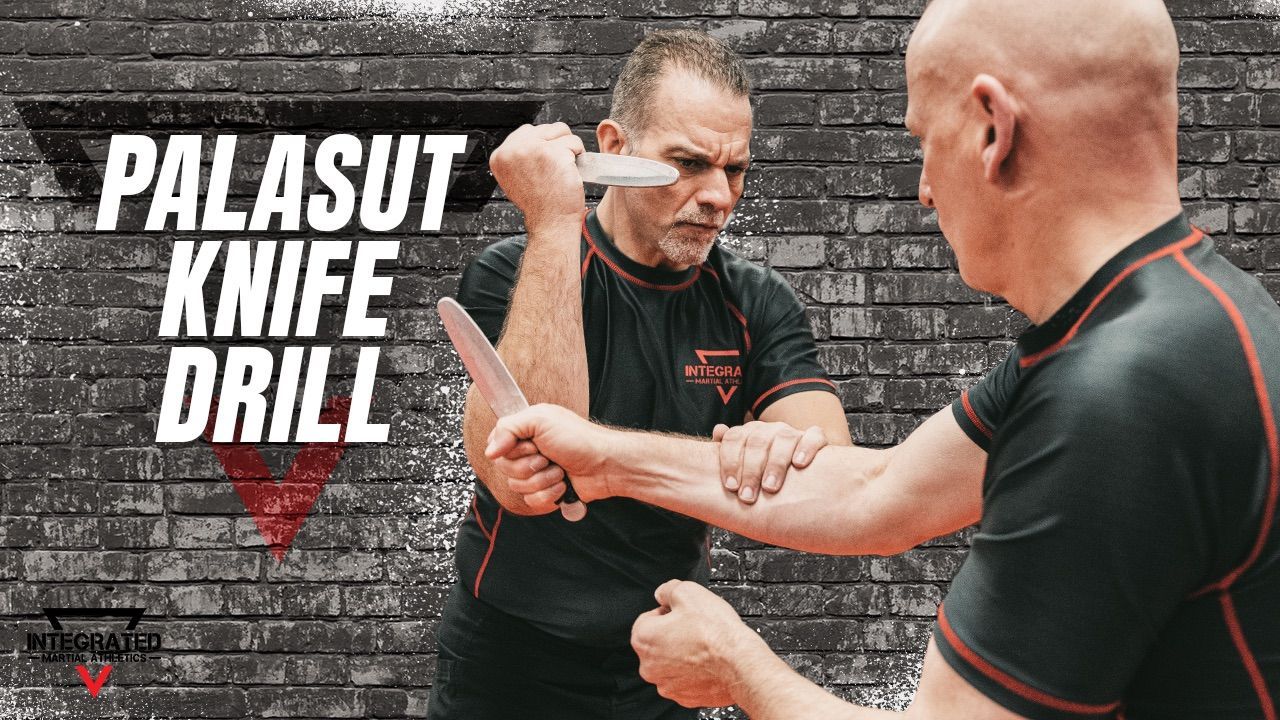10 Road Trip Personal Protection Tips Every Man Needs to Know Before Hitting the Highway
Introduction: Gear Up, Head Out—But Don’t Be a Sitting Duck
The family and I are hitting the road, so I thought sharing some insights in this week’s blog would be helpful. This guide is your go-to for road trip personal protection tips.
We’re talking about everything from basic gear to force options—because when it comes to safety, you don’t want to mess around. So let’s get into it.
1. The Road Warrior’s Mindset: Stay Sharp, Stay Safe
Before you even start thinking about gear, you need to get your head in the game. This isn’t a Sunday drive—we’re talking about long stretches of road, unfamiliar territory, and the possibility that things might not go according to plan.
Situational Awareness
Rule number one is simple: Always know what’s going on around you. Whether you’re stopping for gas in a sketchy neighborhood or pulling over to check your GPS, you need to be aware of your surroundings. Keep your head on a swivel. Scan the area, check your mirrors, and don’t get too comfortable. The moment you start to relax is the moment you become a target.
Mental Toughness
When things go sideways—and they can—you need to be able to keep your cool. Mental toughness is all about staying focused when the pressure’s on. Maybe it’s a sudden storm that leaves you stranded or a confrontation with someone who means you harm. Whatever the situation, you’ve got to be able to think clearly, make smart decisions, and take action. Panic will get you nowhere.
2. Essential Gear That Could Save Your Life
Alright, now that your head’s in the right place, let’s talk about the gear you’ll need. And no, I’m not talking about an extra pair of socks and a phone charger. I’m talking about the kind of gear that could be the difference between getting home safe and becoming another road trip horror story.
High-Quality First Aid Kit
You’d be surprised how many people hit the road without a decent first aid kit. We’re not talking about a box of Band-Aids and some aspirin. You need a real first aid kit—one that includes a tourniquet, sterile bandages, trauma shears, and even some quick clotting agents. Accidents happen, and when they do, you need to be ready.
Multi-Tool
A good multi-tool is like having a miniature toolbox in your pocket. You can use it to fix minor car issues, open a can of beans, or even defend yourself if things get ugly. Look for one that includes pliers, a knife, screwdrivers, and a saw. It’s better to have it and not need it than to need it and not have it.
Portable Water Filter
Water is life, plain and simple. But if you find yourself stuck in the middle of nowhere with nothing but questionable water sources around, you’ll be glad you packed a portable water filter. Make sure it’s lightweight, durable, and capable of filtering out bacteria, protozoa, and viruses.
Flashlight with Tactical Features
A flashlight isn’t just for seeing in the dark. A good tactical flashlight can blind an attacker, signal for help, or even serve as a makeshift weapon. Get one that’s bright, rechargeable, and built like a tank. And make sure it has a strobe feature—sometimes, all you need is a few seconds to get away.
Portable Power Bank
Your phone is your lifeline out there, but it’s useless if the battery’s dead. A high-capacity portable power bank is non-negotiable. Get one that can charge your phone multiple times over and make sure it’s rugged enough to handle a few bumps along the way.
Fire Starter Kit
If you’re stranded in the wild, fire is your best friend. It keeps you warm, cooks your food, and signals for help. Pack a reliable fire starter kit—one that works in all conditions—and practice using it before you hit the road. This isn’t the time to figure things out on the fly.
Quality Matters
Listen, cheap gear is a liability. You don’t want something falling apart when you need it most. Spend the extra cash on quality gear that won’t let you down. When you’re out there in the thick of it, you’ll be glad you did.
Where to Buy
Stick with trusted retailers like REI, Amazon, or specialty stores. Avoid knockoffs and too-good-to-be-true deals. And if you’re not sure, read reviews or ask someone who knows their stuff. There’s no shame in taking advice from the pros.
3. Securing Your Vehicle: Don’t Let Your Ride Become Your Weak Spot
Your vehicle isn’t just transportation; it’s your mobile command center. Keeping it secure and running smoothly is key to surviving any road trip.
Vehicle Inspection
Before you even think about hitting the road, give your vehicle a thorough once-over. Check your tires for wear, make sure your fluids are topped off, and test your brakes. A minor issue in the city can turn into a major problem out in the sticks. And don’t forget your toolkit and spare tire—plus, make sure you actually know how to change that tire.
Car Security Systems
A robust car security system is your first line of defense against thieves. Consider installing an alarm, a steering wheel lock, or even a GPS tracking device. The goal is to make your car as unappealing a target as possible. But remember, the best security system in the world won’t help if you’re not using it—so lock up every time.
Hidden Compartments
If you’re traveling with valuables—especially a firearm—consider installing hidden compartments in your vehicle. These can keep your critical items out of sight and out of mind for any would-be thieves. Just make sure you remember where you hid them.
Defensive Driving Tips
Defensive driving is about more than avoiding accidents; it’s about avoiding trouble altogether. Be aware of aggressive drivers and give them plenty of space. If someone is tailgating you, don’t engage—just slow down and let them pass. And if you think someone might be following you, don’t lead them to your destination; instead, drive to a public place or a police station.
4. Handling Common Road Trip Challenges
Even the best-prepared road warriors run into trouble. Here’s how to deal with the most common road trip challenges.
Breakdowns
Breaking down in the middle of nowhere can be a nightmare if you’re not prepared. The first step is to get your vehicle to a safe spot. If you can, pull over to a well-lit area and set up reflective triangles or flares to alert other drivers. If it’s not safe to stay with your vehicle, grab your essentials (first aid kit, water, phone) and find shelter. Remember, your safety comes first—don’t take unnecessary risks trying to fix something beyond your capability.
Weather-Related Issues
Weather can turn against you in an instant. Whether it’s a snowstorm, rain, or extreme heat, you need to be ready. Pack extra layers for cold weather, including thermal blankets and waterproof gear. For heat, carry more water than you think you’ll need and wear light, breathable clothing. Always have a backup plan—know where the nearest shelter is and don’t be afraid to wait out a storm if it’s too dangerous to drive.
Dealing with Detours
Detours are inevitable. Maybe it’s road construction, maybe it’s a washed-out bridge—whatever the case, don’t panic. Trust your GPS, but also carry a physical map as a backup. If you’re forced off the beaten path, stay alert and be prepared to adapt. Detours can lead you into unfamiliar or even unsafe areas, so always have a plan B and keep your cool.
5. Self-Defense and Personal Protection: Gear Up for the Unexpected
When things go south, you need to be ready to defend yourself. Here’s how to stay safe with a range of options, from non-lethal to lethal force.
You Are The First Weapon
Not every situation calls for lethal force. Your first and best line of defense is awareness and demeanor. Sometimes, all you need is a little verbal deterrence to make someone think twice, but being able to competently (even just basics) strike and grapple is mandatory.
Legal Firearms for Personal Protection
Let’s get real—sometimes, the situation demands more than non-lethal force. When your life or the lives of your passengers are on the line, a firearm can be the ultimate equalizer. But this isn’t something you take lightly. If you’re considering carrying a firearm for personal protection, make sure you do it legally and responsibly. This means obtaining the proper permits, understanding the laws in the states you’ll be traveling through, and knowing when—and when not—to use it.
Choosing the Right Firearm
For road trips, a compact handgun is usually the best choice. It’s easy to store, quick to access, and effective. Think Glock 19. Practice and train regularly. There is no other way to gain proficiency when you need it.
Storing Your Firearm Safely
Never leave your firearm unsecured in your vehicle. A lockbox or gun safe that’s bolted down is essential for keeping your weapon out of the wrong hands, whether it's opportunistic thieves or curious kids. If you're traveling through states with strict gun laws, research whether you need to transport your firearm unloaded and locked in a separate compartment from the ammunition. Ignorance of the law is no excuse, and getting caught with an improperly stored firearm can lead to serious legal trouble.
Section 6: Emergency Communication
Staying connected on the road can be a lifesaver.
Cell Phone and Signal Boosters
Your smartphone is your primary communication tool, but cell service can be unreliable in remote areas. A signal booster can amplify weak signals, keeping you connected even when you’re off the grid. Make sure your phone is fully charged and that you have a portable charger or power bank on hand.
Satellite Phone
For truly remote trips where cell service is non-existent, a satellite phone is a worthwhile investment. It’s expensive, but it could be the difference between getting help and being stranded.
Emergency Radio
An emergency radio can keep you informed of weather alerts and other critical information when your other devices fail. Look for a model with a hand-crank charger and a built-in flashlight for added utility.
Section 7: Trust Your Instincts
When something doesn’t feel right, it probably isn’t.
Avoiding Trouble Before It Starts
Prevention is key to staying safe on the road. Stick to well-lit, populated areas, keep your valuables out of sight, and don’t take unnecessary risks. If something feels off, listen to your gut and get out of the situation.
Know When to Walk Away
Not every confrontation is worth engaging in. Sometimes, the smartest move is to de-escalate and walk away. This isn’t about cowardice; it’s about survival. Your goal is to get home safely, not to win a fight.
Section 8: Legal Considerations
Knowing the law is just as important as knowing how to defend yourself.
Research State Laws
Before you hit the road, research the laws in each state you’ll be passing through, especially regarding firearms and self-defense. Some states have Stand Your Ground laws, while others have a Duty to Retreat. Knowing the difference can save you from a legal nightmare.
Concealed Carry Permits
If you’re carrying a firearm, ensure your concealed carry permit is valid in the states you’re traveling through. Reciprocity varies, and getting caught with a concealed weapon in a state where your permit isn’t recognized can lead to serious charges.
Documenting Incidents
If you find yourself in a situation where you had to defend yourself, document everything. Take photos, write down details as soon as possible, and get witness statements if available. The more information you have, the better prepared you’ll be if the situation escalates to legal proceedings.
Conclusion: Hit the Road, But Stay Ready
Road trips offer a sense of freedom and adventure, but they also come with risks. By staying prepared, vigilant, and legally informed, you can enjoy your journey while keeping yourself and your loved ones safe. Gear up, stay sharp, and always be ready for the unexpected. Safe travels, and may your road trips be filled with great memories and no regrets.








